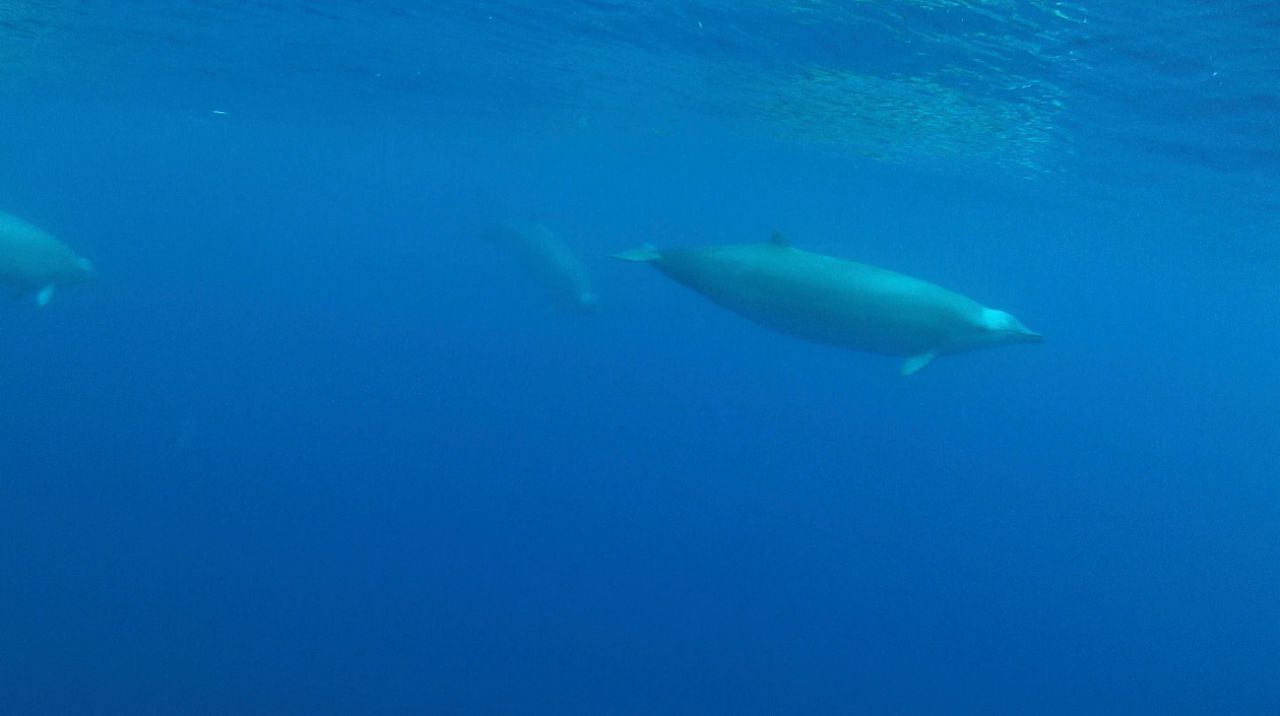Packets of crisps, pasta, bags and tote bags: the autopsy of a beaked whale washed up on the Landes coast on Saturday revealed that it had ingested 16 kg of plastic waste, the Pelagis observatory in charge of the national monitoring of marine mammals.
This 5.15 m toothed cetacean specimen, in reality closer to a large dolphin, was found in a state of putrefaction on Saturday by passers-by on the beach of Messanges.
For Willy Dabin, in charge of running the national stranding network at Pelagis, the presence of this waste is explained by the state of health of the female whale, suffering from a parasitic disease, which weakened and prevented it. to continue to eat properly.
A sick animal who mistook plastics for jellyfish
While the beaked whale is usually an “active hunter” which dives to a depth of 1000 m to feed, especially on squid, this female “must have stayed on the surface and swallowed what passed under her nose. He adds.
"Finally with this disease, she went from being an active hunter to that of a turtle that drifts and swallows plastics, taking them for jellyfish," he explains.
According to the observatory, "this mass of plastic probably accelerated the death of the cetacean", estimated at at least ten days.
"This waste lines the walls of the stomach and intestines, which can cause blockages and prevent nutrients from entering the blood."
To read also "The Manta", this giant boat which will rid the oceans of plastic waste
For Willy Dabin, the absorption of plastic pieces "shows the significant availability of matter in the oceans", but it remains a "rare" fact in marine mammals.
That is to say 2 to 3% of the 2000 specimens of seals, whales and dolphins stranded each year on the metropolitan and ultra-marine coasts.
For the observatory, the "problem" is more about the phenomenon of "bio-accumulation" which also affects marine mammals, when they eat fish that have themselves ingested plastic.













